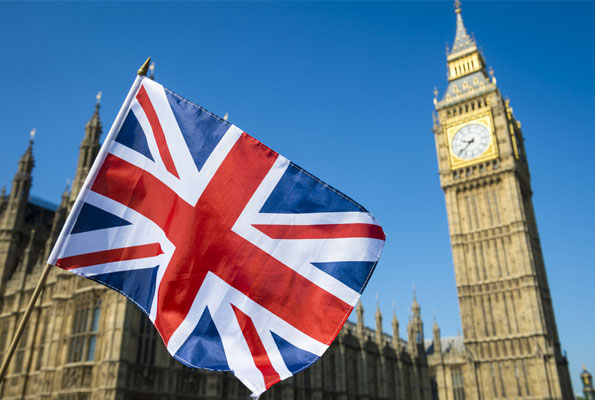Whatever conclusions are drawn, the underlying point remains the same: the United Kingdom is now faced with enormous challenges it can no longer ignore, including increasing bills, crisis-plagued trains, a drought made worse by our aging water infrastructure, and an NHS that is once again on the verge of collapse.
It has been simple up until now to attribute our dismay to whatever problem was plaguing us at the time. But there seems to be a sudden realization that the COVID-19 era has exposed fundamental flaws that have been festering for years, Brexit, the conflict in Ukraine, and the general climate emergency.
Rising fears of a national crisis simply draw attention to a situation that should be well known by now: Britain’s serious underinvestment problem and a culture that is inherently resistant to planning for the future. The new Elizabeth line in London don is a good example of a large undertaking that occasionally gives the impression that the necessary individuals can just about pull everything together.
The majority of the time, however, our economic system falls short when it comes to the factors that daily life, much alone a robust, future-proofed economy, genuinely depends on.
In this sense, being stuck in a mainline train station where you can buy the newest coffee, sushi, and so-called Cornish pasties while dealing with point failures, personnel shortages, and that grimly British litany about “any inconvenience caused” is the quintessential modern British experience.
The country is ranked 34th out of 36 countries in a 2018 TUC analysis on private and governmental investment as a percentage of national income, just behind Portugal and Greece. The lowest fixed investment percentage in the G7 throughout the 40 years leading up to 2019 was in the United Kingdom at 19% of GDP.
Currently, United Kingdom corporate investment is still 9% or more below its pre-pandemic level. Important components of our country’s infrastructure had failed twice: once when they were state-owned and let down by the man from the ministry; and again when they were privatized and fell prey to contemporary capitalism’s growing penchant for stripping out, squeezing down, and pursuing dividends.
One striking example is what has happened to the water in England. Formerly owned and managed by local governments, pipes, reservoirs, and treatment facilities are now in the hands of a dizzying array of parties, including the state-owned bank of Norway, JP Morgan Asset Management, and the YTL firm, a Malaysian conglomerate.
The results have been as absurd as it implies: between 1991 and 2019, such stockholders received £57 billion in dividend payments, almost half of what the water corporations spent on upkeep and infrastructure improvements.



